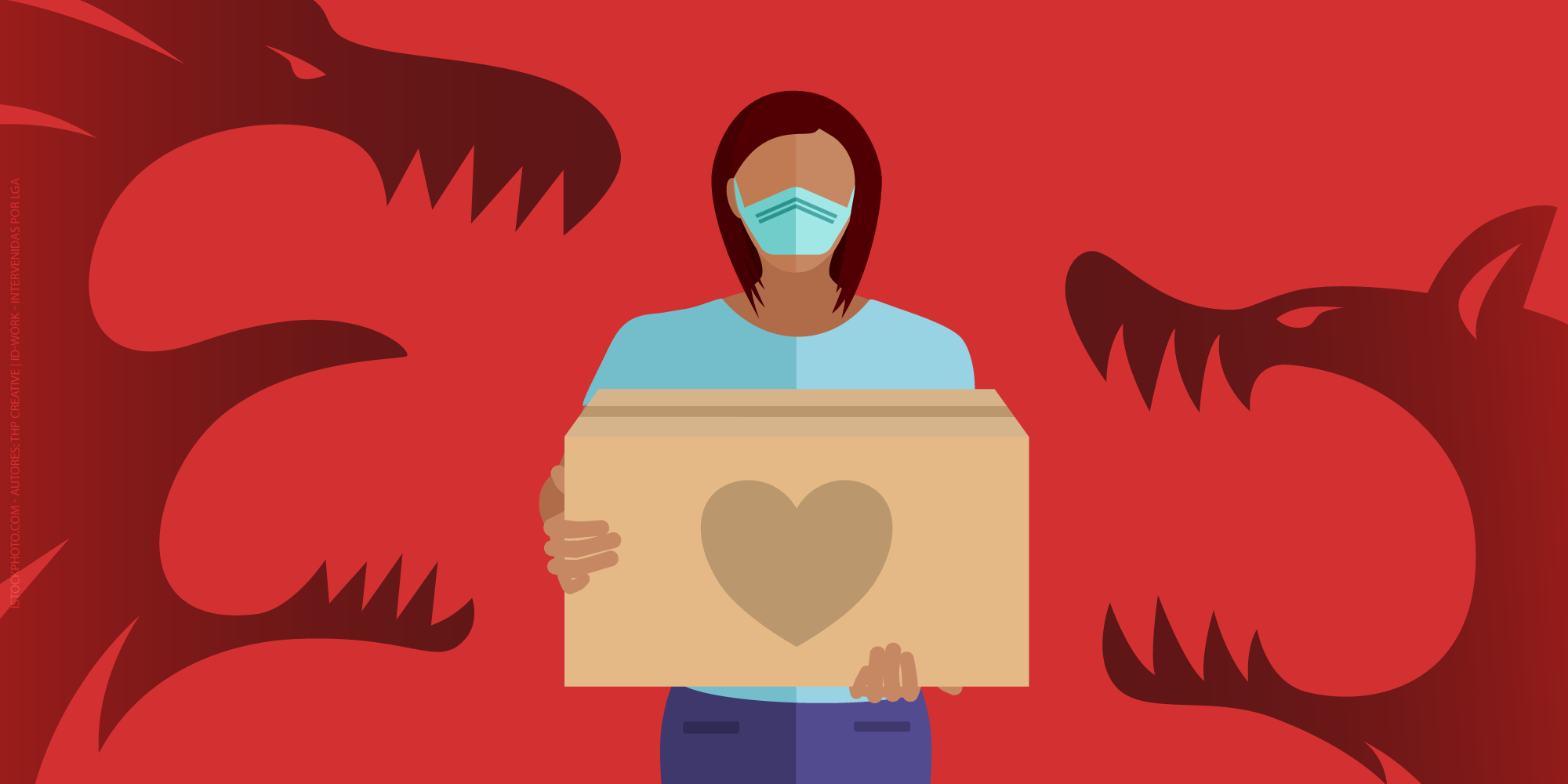“The fire has not been put out,” said Nelson Sandoval, priest of the Los Angeles del Tukuko mission in Sierra de Perijá, Zulia state, on Tuesday night in a telephone conversation with Crónica Uno. “The Piyitakü, the hill that rises behind our mission and is also known as “La Cara del Indio”, caught fire on Sunday. The fire came from the back of the hill, so I suspect it was some community that lit some grave and the fire spread to the area. It already burnt down everything and is now moving towards Yasa.”
The mayor of Machiques, Betty Cifuentes de Zuleta, informed through a press release that an emergency operation was deployed in the Sierra de Perijá to achieve control and extinction of the forest fire that was advancing in the Toromo area, where the Gaspar Enrique indigenous community settles. “We urgently activated the Unified Command Against Forest Fires to protect the lives of the indigenous inhabitants of Sierra de Perijá.”
She also explained that the specialists implemented “direct and indirect extinction techniques, managing to control approximately 750 meters of fire edge and preventing its spread to the populated area.”
So far, about 8,000 people are severely affected by the inhalation of smoke that adds up to four days. Strong flu and bronchial complications are some of the consequences that keep the Tukuko community on alert, with children being the most affected.
The priest denied that the fire had been extinguished. He said that on February 10 about 11 firefighters were sent to the area. The officers had no equipment or means of transportation.
“They are trying to show off by claiming they did something, but those boys can’t do anything. They don’t have the equipment, they don’t have means of transportation. Also, they think that these vast fires can be put out by 11 boys, who cannot get to the fire because the mountain is very steep. They have to walk two hours to get to the bottom of the hill and then start climbing. In the areas where the fire extinguished the whole hill was burned down.”
The Yukpa communities cause these fires as part of their ancestral traditions. They use fire to clean the lands for growing crops, as well as the graves of the members of the community. The missionary explained that “they let the bush dry and set it on fire. The fire spreads rapidly due to dryness.”
Nelson Sandoval called on the authorities to reflect on the forest fire: “This issue in the Sierra de Perijá must be dealt with responsibly because this is the lung of the entire Zulia state. All the freshwater of the state comes from that mountain, therefore, what happens here does not only affect the people living in the area but everyone. If the governor, the mayor, all the authorities, and politicians do not take the matter seriously, they will run out of water and they will suffer the consequences as severely as we do.”
Since January, several fires have been reported in the Río Negro basin, adding up to almost two months without an immediate response. “There are many affected, especially children who have breathing problems and inflammation of the bronchial tubes. They are being treated in the local rural health facility but there are no medications. We give them some here on the mission because we run a medicine bank together with Caritas,” said the priest.
The 2953-square-kilometer Sierra de Perijá is the vegetable lung of the west of the country. It is located in Zulia, near the border with Colombia.




